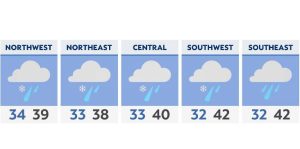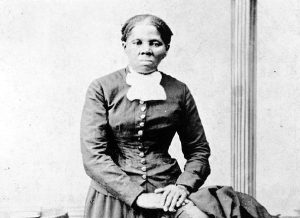For the first time, veterans experiencing a suicidal crisis will be able to receive no-cost emergency mental health care at both Veterans’ Affairs and non-VA facilities.
The Department of Veterans Affairs announced that starting on Jan. 17, veterans could receive “impatient or crisis residential care for up to 30 days and outpatient care for up to 90 days” with or without being enrolled in the VA system.
“This expansion of care will save veterans’ lives, and there is nothing more important than that,” said VA Secretary McDonough in a statement announcing the program.
This new program was part of Rep. Mark Takano’s COMPACT Act, which was signed into law by then-President Donald Trump in Dec. 2020. At the time, the California Democrat was the chairman of the House Committee on Veterans’ Affairs. Takano, now the ranking member, says he is “thrilled” to see the bill put into action.
“This new benefit removes cost from the equation when veterans are at imminent risk of self-harm and allows them to access lifesaving care when they need it most,” said Takano in a statement. “[The] VA’s launch of the program I championed marks a major step forward in the fight to reduce veteran suicide, but there is more work to do. As we embark on a new year and a new Congress, I will continue to prioritize meaningful solutions to help save veterans’ lives.”
This new program also follows the VA’s 10-year “Strategy for Preventing Veteran Suicide,” which launched in 2018. In 2020, the VA reported that veteran suicides had gone down for a second year, “and that fewer Veterans died by suicide in 2020 than in any year since 2006.”
According to the VA, the new policy will allow the department to:
- Provide, pay for, or reimburse for treatment of eligible individuals’ emergency suicide care, transportation costs, and follow-up care at a VA or non-VA facility for up to 30 days of inpatient care and 90 days of outpatient care;
- Make appropriate referrals for care following the period of emergency suicide care;
- Determine eligibility for other VA services and benefits;
- Refer eligible individuals for appropriate VA programs and benefits following the period of emergency suicide care;
As for who is eligible for this program:
- Veterans who were discharged or released from active duty after more than 24 months of active service under conditions other than dishonorable;
- Former members of the armed forces, including reserve service members, who served more than 100 days under a combat exclusion or in support of a contingency operation either directly or by operating an unmanned aerial vehicle from another location who were discharged under conditions other than dishonorable;
- Former members of the armed forces who were the victim of a physical assault of a sexual nature, a battery of a sexual nature, or sexual harassment while serving in the armed forces
If you are a veteran in crisis, the Veterans Crisis Line is available 24/7. Dial 988 and press 1 to speak with a trained professional or visit VeteransCrisisLine.net/chat.




